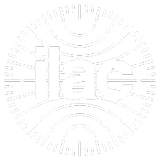Inspection News
Quality Control in the Pharmaceutical Industry: Discussing Rigorous Standards to Ensure Drug and Medical Product Quality, Efficacy, and Safety
The pharmaceutical industry plays a crucial role in safeguarding human health by developing and providing drugs and medical products. To ensure that these products meet the required standards for quality, efficacy, and safety, quality control is an indispensable step. This article will discuss the rigorous quality control standards in the pharmaceutical industry and their role in protecting public health.
1. The Importance of Quality Control in the Pharmaceutical Industry
Quality control is the process of evaluating and verifying the attributes of drugs and medical products to ensure they meet regulatory standards. In the pharmaceutical industry, quality control helps prevent the distribution of substandard, ineffective, or unsafe products. This is particularly important given the increasing complexity of health issues and the rising demand for medical products.
2. Quality Control Standards
To ensure quality, pharmaceutical products must undergo various quality control standards:
- GMP (Good Manufacturing Practice) Standards: This system outlines detailed regulations for drug and medical product manufacturing to ensure consistent quality. GMP requires that manufacturing processes be conducted in a controlled environment and that staff be properly trained.
- GLP (Good Laboratory Practice) Standards: Applied to laboratories, GLP ensures that research and testing are conducted according to standard procedures, protecting the accuracy and reliability of research data.
- GCP (Good Clinical Practice) Standards: GCP ensures that clinical trials are conducted following standard procedures to protect the rights and health of volunteers participating in the research.
3. Efficacy Control Standards
The efficacy of a drug is a crucial factor in ensuring that the product performs as expected. Efficacy control standards include:
- Clinical Trials: These studies determine the effectiveness of a drug by testing it on specific groups of subjects. These studies must adhere to GCP standards to ensure the accuracy and reliability of the results.
- Benefit/Risk Assessment: This assessment determines whether the benefits of a drug outweigh any potential risks. It is a critical part of deciding whether a drug should be approved for market release.

4. Safety Control Standards
Safety is a top priority in the pharmaceutical industry. Safety control standards include:
- Adverse Effect Analysis: Testing must identify and analyze any adverse effects of the drug to ensure that the product does not harm users.
- Post-Market Surveillance: After a drug is released to the market, monitoring user reactions is crucial to identify and address any potential safety issues.
5. Conclusion
Quality control in the pharmaceutical industry is a comprehensive and stringent process involving various standards to ensure that drugs and medical products meet the highest quality, efficacy, and safety requirements. Adhering to these standards not only helps protect public health but also builds trust in the pharmaceutical industry.
Understanding and implementing rigorous quality control standards is essential to ensuring that every product delivered to consumers meets optimal quality and safety.
If you need professional quality control inspection services, contact VIS today! We ensure your product quality every step of the way.











